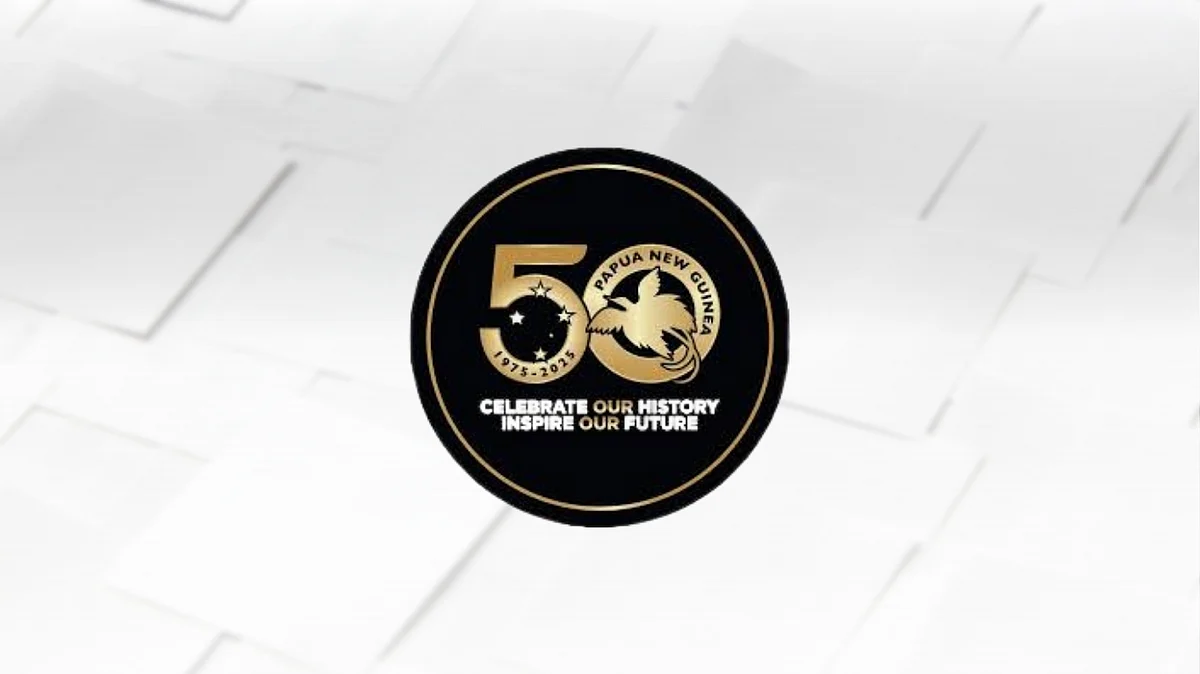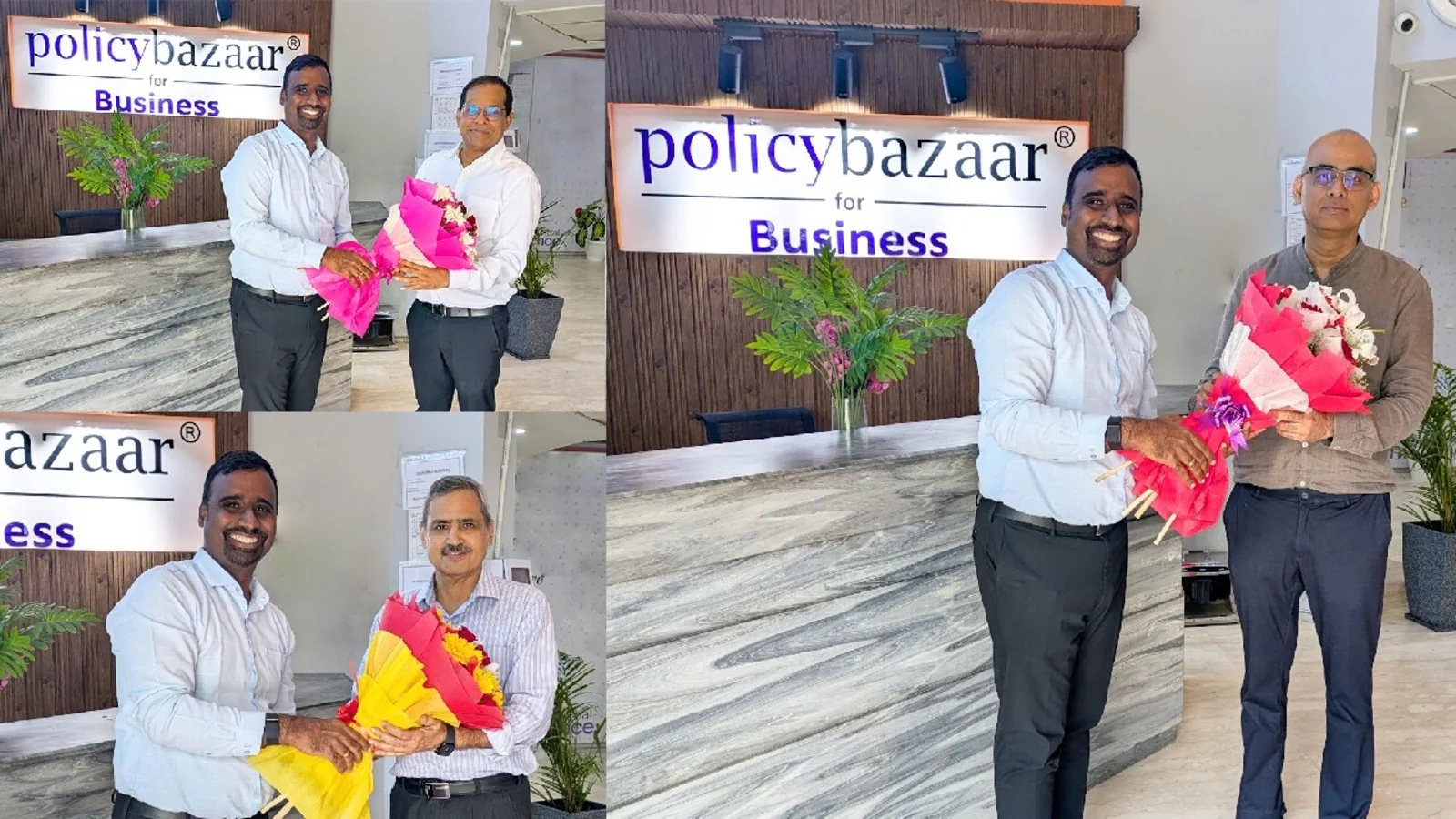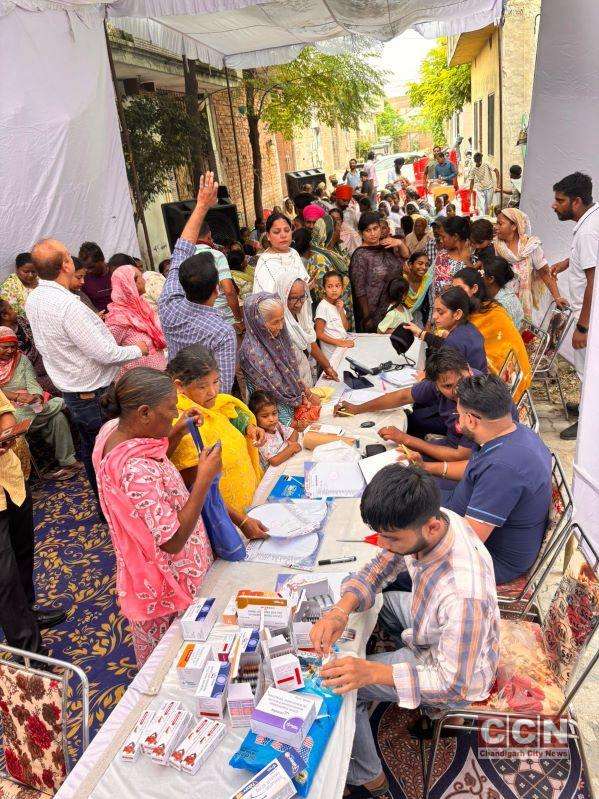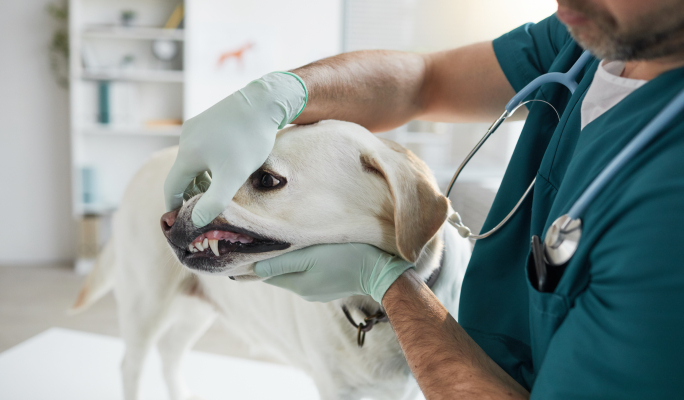
It is going to be a long read and a bit of a rant, but if you have pets, this article is for you. Do you love animals? Do you have empathy for the more vulnerable living beings among us?
As a child, your instinct would have been to role-play as a vet. Nursing and caring for puppies, kittens, even tiny sparrows fallen from a nest. Or just stuffed animals, filling the obvious shortcomings with imagination. As adults we often envision the vet, working to a backdrop of green rolling hills. The sound of healthy farm animals, running free-range in the fields around him or her. The vet, working in a clinic, a waiting room of patient, obedient pets and kind, smiling owners waiting their turn.
The vet, at the zoo or conservation centre, treating wildlife, rearing eagle chicks or baby elephants, forming a bond with magnificent beasts of all sorts. Almost a magical role, moulded and developed by the media we consume. I believe no other profession is so romanticised in this regard, in literature, TV and our daily culture.
In reality, a more pragmatic view of the vet emerges. On the one hand, there is a concept that the vet is a well-paid professional, respected and regarded almost as a mega-doctor. They are well-off, live a comfy life and are relatively light on responsibility as they do not deal with the ethics and moral pressures of human life. This is the dream image of a vet for parents willing to fork out the thousands of euros necessary for their child’s education in the field, and for the student considering to join this sector.
In a more sinister light, for clients who are constrained to interact with the profession because circumstances force them to, they are in it for the money, with no scruples on the life and well-being of our animals. They care not for the needs, or the limitations, of the clients. In the latter case I say constrained, since in most cases clients choose to interact with a vet voluntarily to ensure the health and well-being of their pets.
A healthy vet-client relationship
In general, people respect our role and for the vast majority of pet owners the vet-client relationship is a healthy one, borne of trust, experience and understanding. Clients generally understand what their vet offers, trust in their judgement, invest in a healthy and long-standing vet-client relationship and will eventually accept the outcomes of their work, whether positive or not. They trust the fact that the veterinarian is looking out for their interests, and more importantly, the interest of their beloved animals.
It is also true that in some cases, the pain of loss can temporarily dampen this relationship. We know too well the pains of losing a pet, the heartache and grief and the need to heal from such a trauma, especially if the loss is unexpected and sudden. The vet-client relationship can sometimes be a victim of this pain. This happens more so if the vet-client
relationship is not robust enough or if shortcomings happen during a time of need. It is, after all, a relationship, and needs constant care and attention to fully reach its potential. So, without condoning any form of abuse, some form of negative feedback can be expected in these instances.
There are cases where, either due to a lack of experience, or a lack of understanding in caring for pets, there is no vet-client relationship. This tends to be the main cause of emergency panic posts on social media, and highlights evident shortcomings in what is available in such a small market as Malta. Let us therefore first acknowledge the facts, and the problems, of our sector.
Unfeasible to expect all clinics to run 24/7
Malta has a healthy and growing veterinary community, with a budding team of young and speciality veterinarians pushing the level of services available to a remarkable standard even by international measures. This community is a diverse and dynamic group of professionals who may differ in their offerings and schools of thought, but share a common love and pride for the profession. After all, all veterinarians in Malta have dedicated a long and expensive (financially, socially and mentally) stint of their studies abroad, and chose to return to our island to offer their services here, with all the limitations that a small market carries.
Most of these vets, especially the more established ones, have invested considerably in the current infrastructure. Banks are involved, financing can be daunting, and yet I still see colleagues eagerly choosing to exhaust their credit on new equipment or training, rather than a new car, new house or new personal ventures. Too often, our lives are put on hold while we prioritise the setting up of our practices, making sure we are reaching the ever-rising expectations of our clientele.
The whole veterinary profession in Malta is private owned, private run and private funded. The vast majority of clinics do not have any government subsidies, are subject to the full spectrum of taxation requirements and have very complex and wide-ranging legal requirements including out-of-hour obligations, record keeping, dispensing and professional conduct. These are aimed at avoiding or reducing risks of malpractice or lapses in the care-giving mission of our profession. And the vast majority of veterinarians, from house-call service providers, to single owner clinics and multi-vet practices, do their best to observe all obligations laid down by the law and ethics alike. It is unfeasible and unreasonable, however, to continue expecting each clinic to shoulder the responsibility of running a service open to all, 24 hours a day, 365 days a year. To my knowledge, no profession or sector is expected to shoulder such responsibility.
Addressing shortcomings
In my 10 years I have seen our profession rise to every challenge. I consider myself privileged to have led the association through the very turbulent COVID pandemic, ensuring a continued service to all the public. The sector persevered. Throughout the past years we saw the Ta’ Qali hospital open, enter service and shut down, twice. And each time, the veterinary community made sure there is still some form of round the clock service. Not because of a legal obligation, but because we have always felt the moral and ethical need to be there for those who need us. A rotation service has indeed been around for years, way before local authorities even recognised this need and legislated it. It was set up and is run privately by stalwart veterinarians—people who understood, even long ago, a need to fill this lacuna in our field, for the benefit of society. Some clinics now offer out-of-hours service to clients under their care, and not because of exclusivity but because their practices or their speciality cannot be offered to the general public as the strain on their system would expose their practice to risk or malpractice.
In this day and age, this service is not enough; not with the current population boom and the ever-increasing love for our pets. People expect more service, more choice and more peace of mind.
The government must step in, carry its responsibilities and support this community now more than ever to help fill this shortcoming. The local authorities must help educate pet owners to inform themselves of the services available. To promote preventive medicine and responsible pet ownership which goes a long way to avoid emergency situations in the first place. And to make sure, any shortcomings in service are addressed, not simply passed onto the profession. Mostly, though, to support a profession plagued by mental health issues, burnout, depression and brain drain, with the highest statistical rate of suicide for any profession.
Indeed, international studies place our profession at twice the likelihood of suicide compared to normal professions with close to 50% of professionals in our field considering leaving the profession within the first few years of practice. Social media has compounded an already sensitive sector, with many in the field now dreading the effects of negative reviews, sensationalised coverage of singular events and a general sway of popular feeling based on the individual experience of a handful of people.
Authorities riding popular sentiment
Without going into the merits of any single case in particular, it is commonly observed that many of the complainants in these cases do not follow the system and structures in place to report, investigate and discipline any dubious cases or cases of malpractice in the first place, resorting to social media platforms to post, comment and react.
It is therefore disheartening to see the authorities in charge of regulating and safeguarding our profession reacting to these singular episodes by piling further pressure on our profession, using criticism of a structure that, while not perfect, has withstood over two decades of service, in the face of poor odds. This reaction by the regulatory and administrative bodies does nothing to solve the current situation. It merely emboldens people to abuse, verbally and physically, professionals already vulnerable to burnout
and ethical conundrums that burden their psyche. We need, more than ever, someone in power who is willing to understand, interact, consult and support this sector. To genuinely respect stakeholders. Only then will we be able to plan our way out of this challenge and rise once again with heads held high, proud to continue our service to the people of this country. To date, the government has chosen to ride popular sentiment, without understanding the issues at hand or offering real solutions to the problems at hand. I will therefore conclude by painting the most realistic picture I can, with words, for the people reading this and more importantly for the government, of what the vet truly does every day.
Hands in excrement, vomit and blood
Every day, we wake up early to the ringing of phone calls and messages. We check on our staff, making sure they are ready for another round in the grinder of a clinic we call our second home.
We open the doors, and for 10, 11, 12 or more hours we are there, hands in excrement, vomit and blood, listening to barking, meowing and beeping of machines. Thankful that that noise is not shattered by the silence of a loss, or a euthanasia. Consoling pet owners when the time draws near, and making peace with losing pets we have taken care of for years, at times from birth. We hold the hands of new families and the old and vulnerable in our society. We do much more than care for pets, we care for you all. And yes, we do it for a reasonable fee. Because back home, we have a family and we need to provide, just like the rest of you. But no fee can cover the love and devotion we give every day. Each day is a physical and mental struggle. And support comes only from our loved ones, who live this routine with us every day. Don’t expect us to solve all problems.
Start by making sure to avoid unnecessary problems in the first place. For the people, that means building a relationship with your veterinarian. It will be most rewarding. For the government, it is simply by listening and being there when needed, trying to make things better not worse.
Not a hard task then, I assume. It will make our day a little more pleasant.
